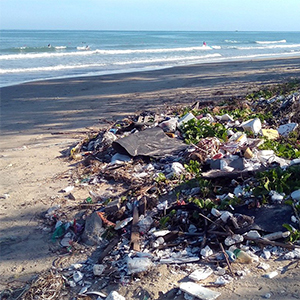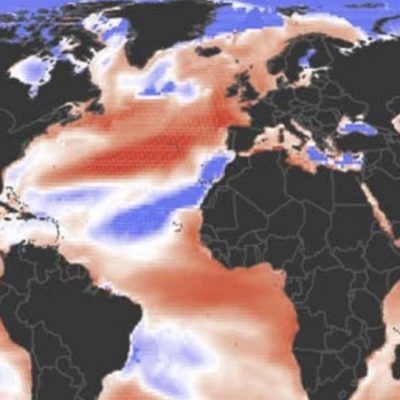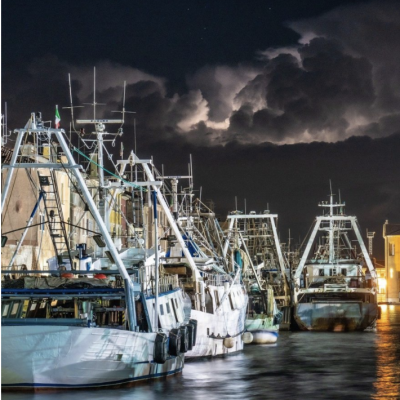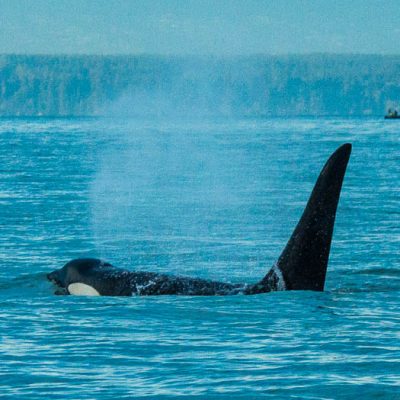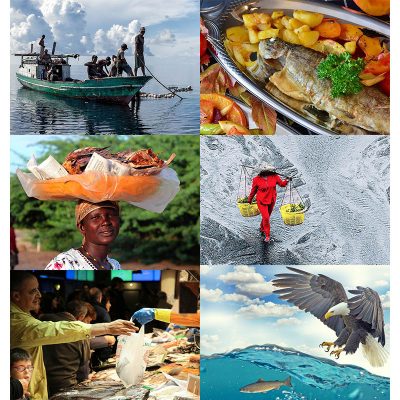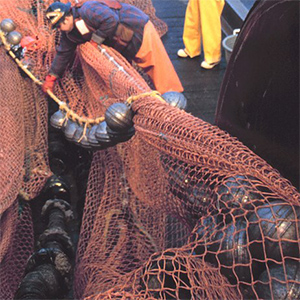Instead of shopping this Black Friday, consider curbing your consumption
Drs. Juan Jose Alava and Rashid Sumaila are urging consumers to make the connection between what they buy on Black Friday and what eventually ends up harming our ecosystems—and our health.
Massive “ensemble” climate modelling study includes work of multiple IOF researchers
The project used nine different computer models, created by different teams around the world, to illustrate with greater clarity and range how ocean life will be impacted by Earth’s warming climate.
“Race to jellyfish” leaves Mexican fishery in turbulent water
Over the last 20 years, interest in cannonball jellyfish in the Gulf of California, Mexico exploded when Chinese investors saw that the area was a hot spot for the species.
Nearly 300 scientists ask the WTO to ban harmful fisheries subsidies
The researchers feel the WTO could use their upcoming meeting to sign an agreement that forbids such harmful practices, while allowing for small-scale, sustainably managed wild fisheries.
What really makes fish become sexually active
“What I think really makes fish spawn for the first time is the increasing oxygen stress that growing fish experience,” Daniel Pauly said
No apparent shortage of prey for southern resident killer whales in Canadian waters during summer
Researchers reported that Chinook salmon in the Salish Sea in summertime are four to six times more abundant for southern resident killer whales than northern resident killer whales.
Towards sustainable, resilient and just food systems and the role of aquatic foods
Video now available for viewing!
Dr. Daniel Pauly’s extraordinary life and work revealed in new book
Dr. Daniel Pauly is the world’s most-cited fisheries scientist, but life for the UBC professor has been far from easy. Now, readers can learn more in his biography, The Ocean’s Whistleblower.
Countries likely missing out on revenue from catch share fisheries
Despite harvesting an estimated global value of US$17.7 billion worth of fish, many catch share fisheries may be paying little or no royalties on their harvests, with countries likely foregoing this potential source of revenue.
